Are Pool Chemicals Safe?

Pool chemicals help to keep your pool clean, protecting you from the bacteria that can grow in untreated water. But are pool chemicals safe? Many pool chemicals cause skin and eye irritation and can be toxic if swallowed, so it's important to store them safely and use only the recommended doses in your pool. Follow these pool chemical safety tips to keep yourself and your family safe.
Are Pool Chemicals Bad For You?
Experts believe that the levels of pool chemicals found in a well-maintained pool are safe. However, adding too many chemicals to the water can make it dangerous for swimming. Use a pool test kit to check that the level of chlorine is between 1 and 3 parts per million (ppm). Higher levels of chlorine could be harmful, but too little chlorine is also risky, as undertreated water allows bacteria to thrive.
Can Pool Chemicals Make You Sick?
Swimming in a well-maintained swimming pool is unlikely to make you sick, but some people find that their eyes burn and their skin feels dry after swimming in a chlorinated pool. Maintaining your pool at the correct pH (between 7.4 and 7.6) can help to reduce eye irritation, so it's important to test pH levels regularly. If you still experience sensitivity when your pool chemical levels are normal, try wearing goggles to protect your eyes. Moisturizing your skin after swimming can help to reduce dryness.
When to Stay Out of the Pool
Regular swimming is a great way to stay healthy, but there are times when it's best to skip your daily laps. If you recently shocked your pool by adding a large amount of chlorine to the water, then you need to stay out of the water until the chlorine level drops back below 3 ppm. This usually takes at least eight hours. Tell every member of the family not to use the pool until you test the water and let them know that it's safe.
Storing Pool Chemicals Safely
Although pool chemicals are safe when diluted in a swimming pool, they can be dangerous in their concentrated form. Therefore, it's extremely important to store your pool chemicals safely. In particular, you need to keep the chemicals away from children and pets, who could touch or even eat the chemicals without realizing that they're dangerous. Store your pool chemicals in a locked cabinet, and safely dispose of any chemicals that have expired or that you no longer need.
Safely Handling Pool Chemicals
Protect yourself from pool chemicals by following a few chemical handling good practices. Depending on the type of chlorine you use to sanitize your pool, you may need to mix it with water before adding it to the swimming pool. Always do this preparation step outdoors, so that any vapors produced can quickly disperse. Wear long pants, long sleeves, shoes and gloves to protect your skin. Even if you're very careful when mixing your pool chemicals, it's easy to splash the concentrated solution when pouring it into the pool, which could irritate your skin. Keep yourself safe by wearing the right protective clothing.

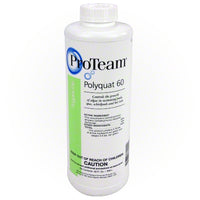
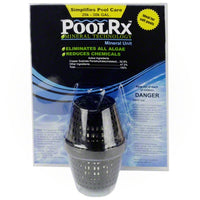
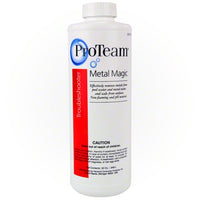
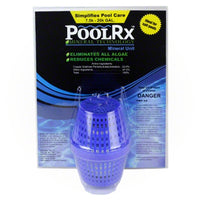
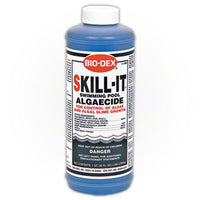
Leave a Comment